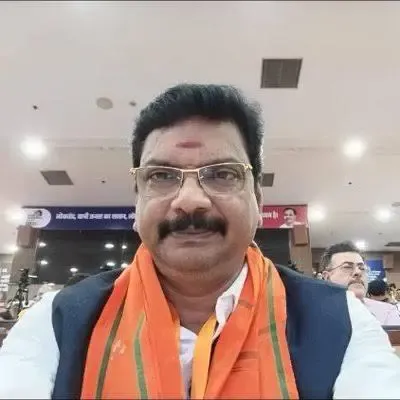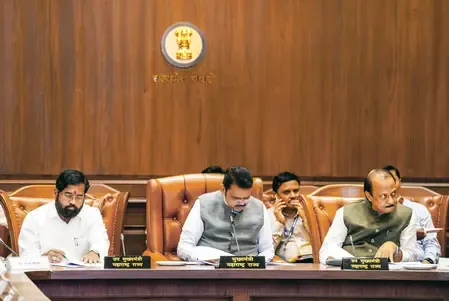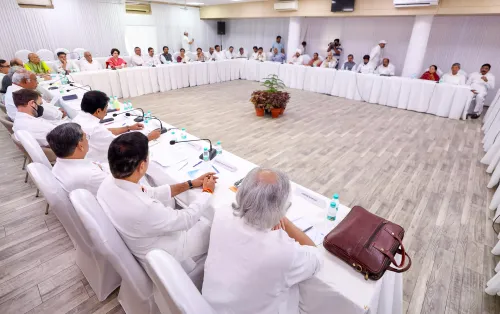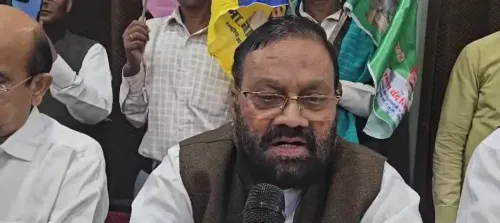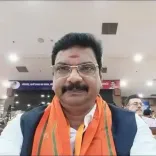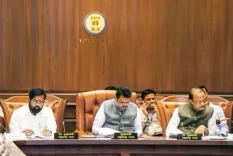Devendra Fadnavis Unveils the Untold Story Behind the 2014 Shiv Sena-BJP Split
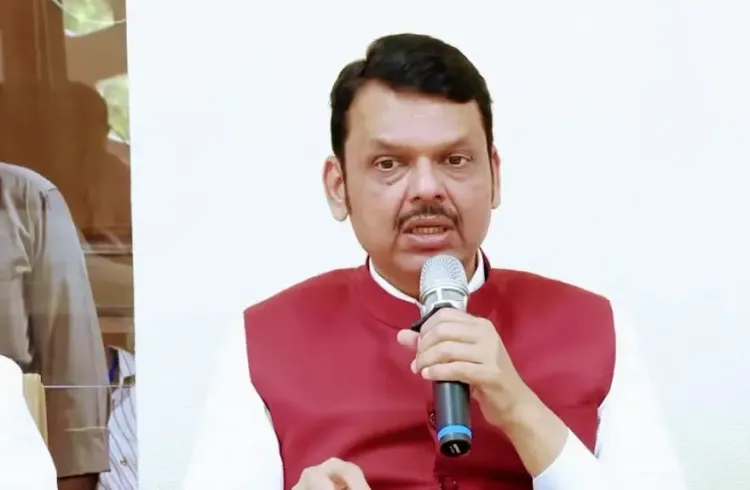
Synopsis
Key Takeaways
- Maharashtra CM Devendra Fadnavis discussed the Shiv Sena-BJP split.
- Shiv Sena demanded 151 seats, leading to the breakdown.
- BJP proposed 147 seats for Shiv Sena and 127 for itself.
- Fadnavis emphasized the BJP's decision to contest 260 seats.
- The BJP has remained the leading party in Maharashtra.
Mumbai, March 25 (NationPress) In a significant disclosure, Maharashtra Chief Minister Devendra Fadnavis elucidated the behind-the-scenes narrative of the unexpected break between Shiv Sena and BJP in 2014. During a ceremony honoring Sikkim Governor Om Prakash Mathur, Fadnavis revealed, for the first time, the discussions and elements that contributed to the disintegration of the alliance.
Fadnavis mentioned: "We were prepared to allocate 147 seats to Shiv Sena, and it was agreed that the Chief Minister would be from our faction, while the Deputy Chief Minister would be from Shiv Sena."
He further asserted that although initial negotiations showed promise, Shiv Sena's unwillingness to negotiate on seat distribution ultimately caused the alliance's collapse.
"However, Uddhav Thackeray insisted on 151 seats, which triggered the alliance's breakdown," Fadnavis elaborated.
He explained that the BJP had suggested a seat allocation where Shiv Sena would contest 147 seats while BJP would run in 127.
Yet, Uddhav Thackeray remained unwavering in his demand for 151 seats, which created an unbridgeable divide between the two parties.
Fadnavis continued: "We were in discussions with Shiv Sena's leadership, and we were even willing to offer them more ground. But Uddhav had set his sights on 151." He also discussed the vital intervention by Om Prakash Mathur, who communicated with BJP leader Amit Shah, leading to Prime Minister Narendra Modi being informed of the situation.
"HM Amit Shah reached out to the Prime Minister, and it was concluded that if the formula was 127 for BJP and 147 for Shiv Sena, only then would the alliance persist. Otherwise, it would be unfeasible," Fadnavis stated.
The Chief Minister then shared the pivotal moment that culminated in the final rupture, stating: "I had trust in Amit Shah and Om Prakash Mathur. We were confident of victory, but the rest of the party lacked that optimism."
Ultimately, Fadnavis, with support from Mathur and Amit Shah, issued an ultimatum to Shiv Sena, proposing to contest with Shiv Sena on the arrangement of 147 for Shiv Sena and 127 for BJP.
"We informed them, if you're willing to compete on 147 seats, we will back you and contest 127 seats. Both parties could achieve outstanding results and win over 200 seats," Fadnavis reminisced.
However, Uddhav Thackeray turned down the offer, firmly adhering to the demand for 151 seats. This obstinacy, according to Fadnavis, precipitated the alliance's dissolution. Fadnavis reflected: "But it appears that destiny had different plans – I was destined to become the Chief Minister."
Fadnavis also provided insights into the electoral strategy. Despite the setback in negotiations, he highlighted how the BJP, under Narendra Modi's leadership, contested a record number of constituencies.
"We contested elections in over 260 seats, a historic move. Prior to this, we had never fought more than 117 seats," he remarked.
This audacious decision to engage in 260 seats, according to Fadnavis, established the groundwork for BJP's triumph in Maharashtra.
"Since then, the BJP has consistently been the leading party in Maharashtra and the only party in the last 30 years to exceed the 100-seat mark. This achievement is credited to Prime Minister Modi, Amit Shah, and Om Prakash Mathur," Fadnavis concluded.
This revelation casts new light on the dramatic political developments that led to the dissolution of the BJP-Shiv Sena alliance and transformed the political landscape of Maharashtra.

